Wireless charging corridor gains Momentum
In California, Momentum Dynamics and Solano Transportation Authority (STA) plan to deploy 300kW automatic wireless fast-charging infrastructure along a bus transit corridor.
The wireless charging pads will be located at seven transit centres in the region between San Francisco and Sacramento. This allows buses automatic charging while remaining on their designated routes.
Although Momentum Dynamics has had wireless bus charging systems in operation since 2016, this project marks the first entire transit corridor. This year, the US-based company installed a further three inductive charging systems, each with 300kW for Link Transit Authority in Washington State. Now the inductive (or wireless) charging infrastructure company is building a whole network of inductive charging pads over which buses can charge when parked over them without the need for plugs or charging poles.
The Californian charging corridor project utilising 300kW inductive charging bases, will have support from the California Energy Commission (CEC)’s BESTFIT Innovative Charging Solutions program. The Californian charging network is operated by two local agencies (SolTrans and FAST) and will power STA’s SolanoExpress service.
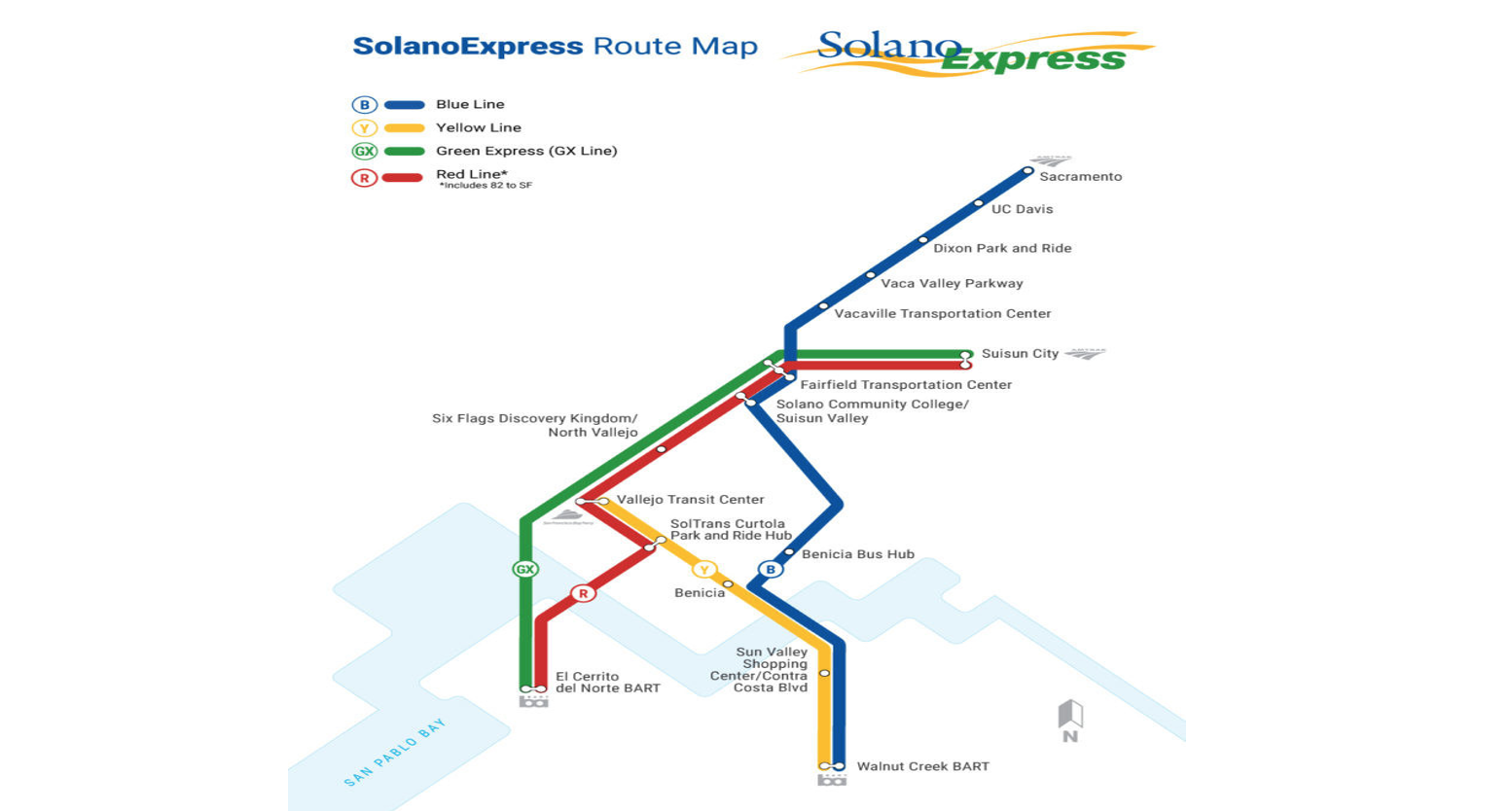
This infrastructure project is not only characterised by innovative technology but also shared use. The network will be open to other transit agencies operating at these transit centres. This should mutually benefit multiple transit agencies as Bob Kacergis, Chief Commercial Officer at Momentum Dynamics points out. He says that the project will accelerate the electrification of transit in the Northern California corridor between Sacramento and San Francisco. This kind of result is very much in alignment with both local and federal transport policies.
Kacergis says: “At a time when there is great focus on the combined priorities of US infrastructure and climate change, this project can serve as a model for public transit systems across the country and throughout the world.“
Momentum says it is able to offer charging systems ranging from 75kW to 450kW. The company’s charging equipment is currently available as a factory option from Gillig, BYD, and GreenPower. The company says the can currently boast approximately 200 wirelessly powered electric buses on the road or on order saying that it is also in integration planning discussions with four additional US bus manufacturers.
“Wireless charging of buses and other EVs with shared infrastructure is an innovative and impactful means to support public transportation,” says Hannon Rasool, Deputy Director of the Fuels and Transportation Division at the California Energy Commission.

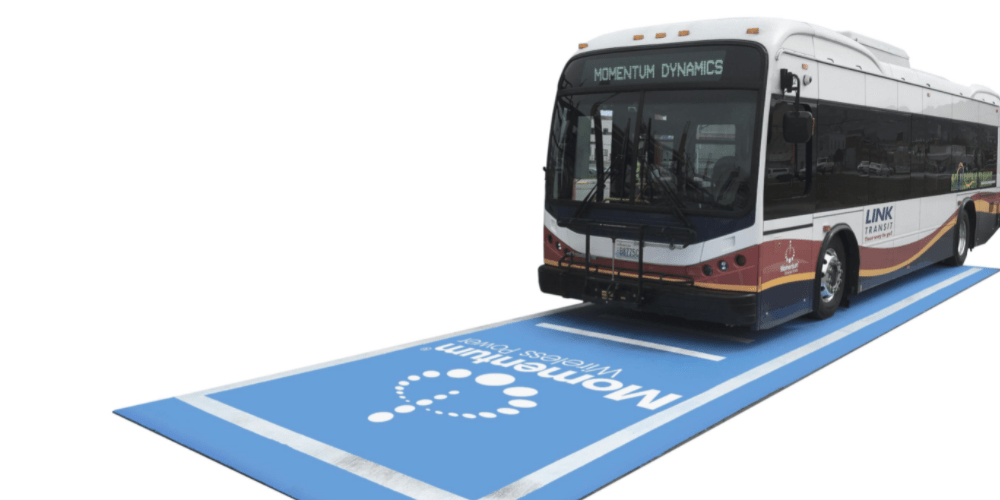
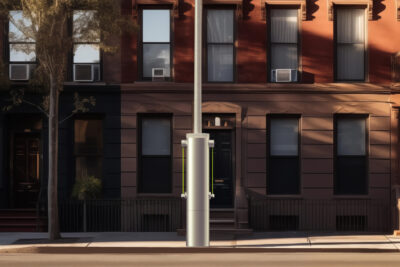
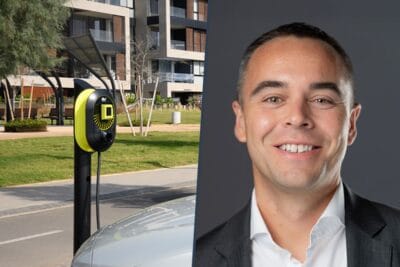
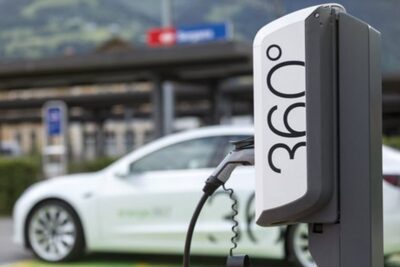
0 Comments